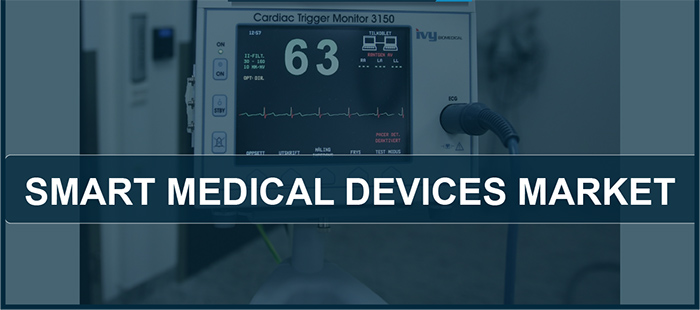
The deal will boost Boston Scientific’s electrophysiology and structural heart product portfolios.

The deal will boost Boston Scientific’s electrophysiology and structural heart product portfolios.

This pioneering area of technology comes with new risks and questions of liability.

The industry struggles with various unknowns that impact efficiency, quality, and as a result, finances. This article reviews some of these challenges and how to overcome them.

Digitally connected healthcare is here to stay, and this moment is an opportunity to capitalize on the expanding potential of technologies that are already helping deliver better patient experiences and outcomes.

Today’s health monitoring and management systems rely on wires and batteries, and often are not continuously connected to an alert and communication system for patients and doctors. Wireless power will empower medical device manufacturers to develop sophisticated, smart IoT systems that will improve patient care and patient lives.

Due to rapidly evolving regulatory landscape and manufacturing demands, label requirements and the information they contain are constantly changing. Here’s how medtech organizations can manage the process.

It’s important to draw on experience from other sectors.

The agency has realigned information technology, data management and cybersecurity functions, and established a new office reporting directly to the FDA commissioner.

To achieve success, a medical device startup must build a sophisticated data architecture specifically designed to deliver maximum value for its customers’ use cases. However, it’s extremely difficult to build such an architecture—especially given early-stage budget constraints. That’s why startups must wisely synch their data architecture spending with their funding rounds.

Increased awareness during the COVID-19 crisis and public efforts to strengthen the development of healthcare technologies has boosted the smart medical devices sector.